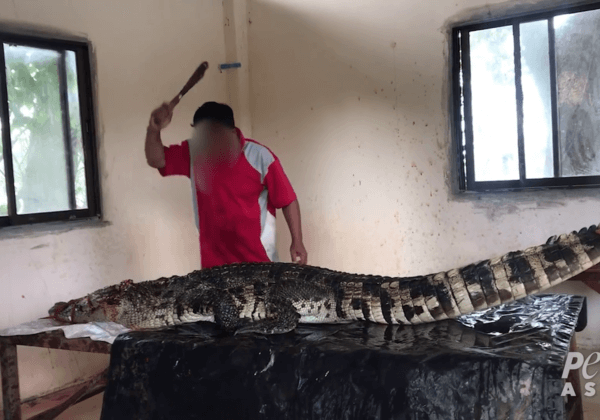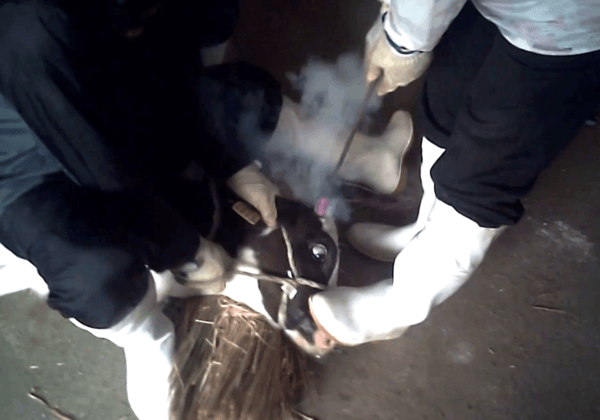This Selfie May Set a Legal Precedent
A few years ago in Indonesia, a photographer left his camera unattended. That was tempting for a curious male crested black macaque, who took the camera and began taking photographs—some of the forest floor, some of other macaques, and several of himself, one of which resulted in the now-famous “monkey selfie.”
The macaque, named Naruto, is known to field researchers in Sulawesi, who have observed and studied him for years as they work in the region. Acting as Naruto’s “next friend” (or representative), PETA U.S. has filed a lawsuit in U.S. federal court in San Francisco against the owner of the camera, photographer David J. Slater and his company, Wildlife Personalities Ltd., which both claim copyright ownership of the photos that Naruto indisputably took. Also named as a defendant is the San Francisco–based publishing company Blurb, Inc., which published a collection of Slater’s photographs, including two selfies taken by Naruto. The lawsuit seeks to have Naruto declared the “author” and owner of his photograph. Our argument is simple: U.S. copyright law doesn’t prohibit an animal from owning a copyright, and since Naruto took the photo, he owns the copyright, as any human would.
Why is this so important, and what does it all mean? If this lawsuit succeeds, it will be the first time that a nonhuman animal is declared the owner of property (the copyright of the “monkey selfie”), rather than being declared a piece of property himself or herself. It will also be the first time that a right is extended to a nonhuman animal beyond just the mere basic necessities of food, shelter, water, and veterinary care. In our view, it is high time.
PETA U.S. is also asking the court for permission to administer the proceeds of “monkey selfie” sales for the benefit of Naruto and his community, without compensation to PETA U.S.
This case exemplifies what PETA and our affiliates have championed for 35 years: Animals deserve recognition of appropriate rights for their own sake, and not in relation to their exploitation by humans.
Posted by Jason Baker









